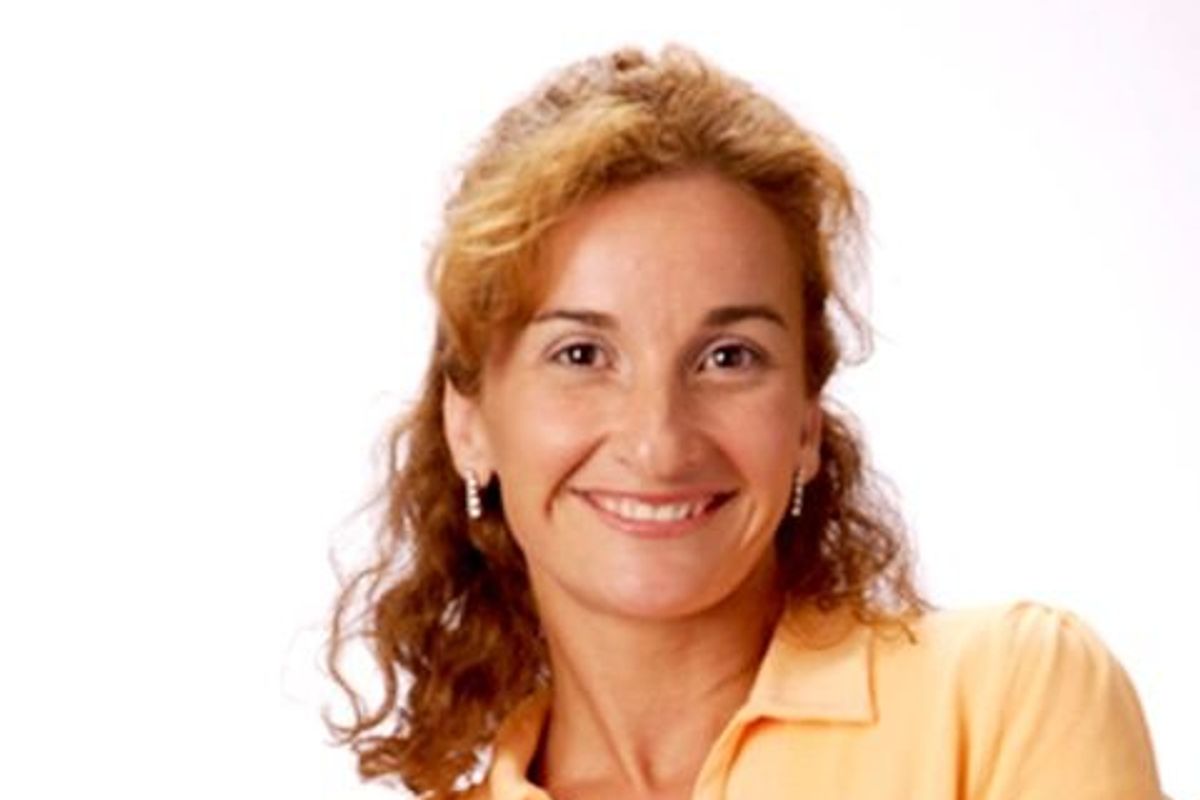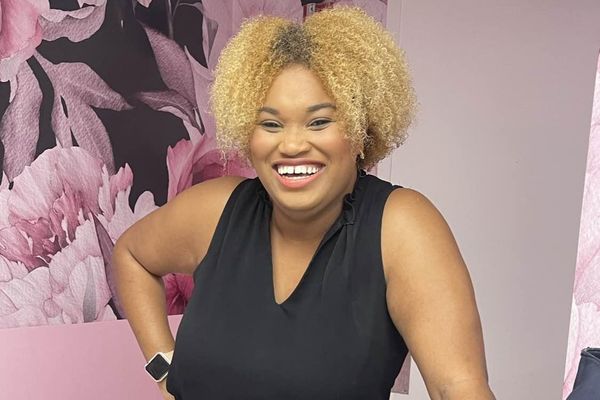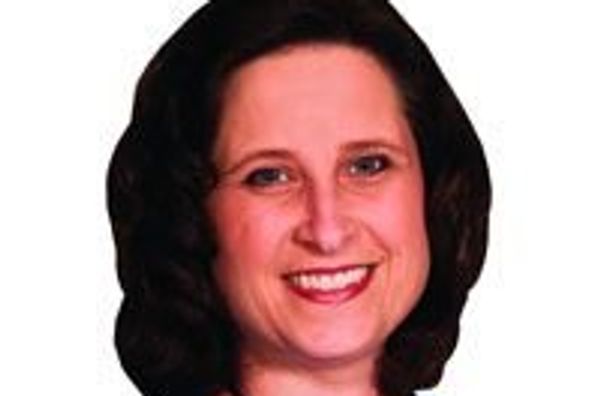By Heather Evrley
I do not let epilepsy define who I am.
As a college student, I spent my time attending classes, studying and spending time with friends. I also worked as a waitress to pay for college and earn enough money to buy my own car. After pinching pennies and saving tips, I finally got the little white car I had dreamed of for so long. My hard work had finally paid off.
But in one day, everything changed. I was taken to the hospital after having a seizure and, after four days of tests, I received news that came as a shock—I was diagnosed with epilepsy. Little had I known, I had actually been having seizures in my sleep for years. The diagnosis was difficult to accept—especially since it meant the loss of my driver's license. The car I worked so hard to afford sat gathering dust in the driveway, and monthly car payments were a painful reminder of the freedom I'd lost.
I was determined to reclaim the independence that the seizures had stolen. I took my medication regularly, and the seizures became less frequent. Still, I often experienced odd feelings, as if my sense of awareness was "off." My neurologist brushed it off as a side effect of my medication, but a friend suggested that I see her neurologist for a second opinion. That was another surprise—we had been friends for years, and I had no idea that she had epilepsy.
The neurologist ran tests and discovered that in addition to the tonic-clonic seizures, I had been having 20 to 30 complex partial seizures per day. I felt reassured to have an explanation for the odd sensations and was even more relieved when the neurologist prescribed another medication that reduced them. It was a frightening realization that had I not spoken up, I might not have been diagnosed and treated for complex partial seizures and would have lived with the feeling of being "off" all the time.
The more I learned about epilepsy, the more I realized that it does not have to keep me from living my life. For example, I met my husband, Eric, while I was in college waiting tables. We spoke for hours, and Eric asked me out. But on the day of our first date, I had a seizure. Needing to stay home and recover, I called Eric to cancel. Instead, he came over to my house with dinner in hand and spent time with me and my family.
Eric and I have been married for 13 years and have two children, something that I once thought would be impossible for me. In fact, one of my neurologists recommended that I never have children. Based on previous experience, I knew that I should probably ask for a second opinion—which I did. After working with another neurologist and my obstetrician, I had two healthy pregnancies, and we consider ourselves truly blessed.
My first priority is family—I meet my son and daughter at the bus stop every afternoon and cook dinner each night. For many parents, cooking a family dinner is unremarkable, but for me, it is an impressive accomplishment. I have burned myself a number of times because I have experienced seizures while making dinner. I now wear silicone oven mitts to protect myself and continue to cook every night.
When I was first diagnosed with epilepsy, I was afraid I would lose my identity. But, I quickly learned that I am not defined by epilepsy. By taking control of my health and working with my doctor, I found a combination of medications that better control my seizures. Now, I live life on my own terms.
I have been a high school English teacher, debate coach, Girl Scout troop leader and PTA member. Today, I am preparing for law school. I firmly believe that had I not spoken to my girlfriend and taken her advice about getting a second opinion, I might not be where I am today—my own health advocate, wife, mother, teacher and student.
Realizing that others can benefit from my experience, I became an Epilepsy Advocate. In this role, I share my story to help those living with epilepsy understand that they too can lead full lives.
If I could give other people living with epilepsy one piece of advice, it would be to take a proactive role in your care from the moment of diagnosis and to seek treatment with the goal of achieving seizure freedom with minimal side effects. Standing up for yourself and expressing any concerns about your treatment is not easy, but it can pay dividends.
Read more about Heather Evrley in Epilepsy Advocate magazine and watch a video here.

Living with Epilepsy
Read one woman’s inspiring story of how she kept epilepsy from controlling her life
Jul 19, 2010
Lupus





